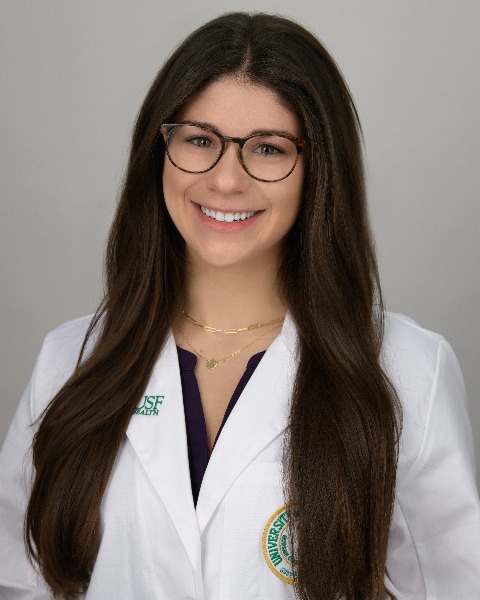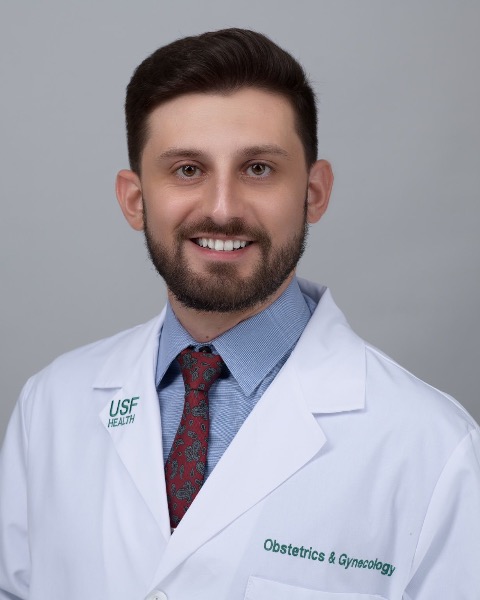Health Equity/Community Health
Poster Session 1
(290) Analysis of the Plan of Safe Care for parent-child dyads affected by opioid use

Katherine Pressman, MD
University of South Florida Morsani College of Medicine
Tampa, FL, United States- MC
Margaret Cornwall, BS
University of South Florida Morsani College of Medicine
Tampa, FL, United States 
Tanner G. Wright, MD
Assistant Professor
University of South Florida Morsani College of Medicine
Tampa, FL, United States
Anthony Kendle, MD (he/him/his)
Assistant Professor
University of South Florida Morsani College of Medicine
Tampa, FL, United States
Primary & Presenting Author(s)
Coauthor(s)
In an effort to address the opioid epidemic, the Comprehensive Addiction and Recovery Act of 2016 (CARA) was passed as a provision of the Child Abuse Prevention and Treatment Act (CAPTA), which expanded use of Plans of Safe Care (POSC) for all infants affected by substance use in pregnancy. There is limited data on parent-child outcomes as it relates to this federal mandate. The goal of this study was to evaluate the outcomes of POSC, specifically the use of medications for opioid use disorder (MOUD) at time of delivery, return to opioid use, and custody of infant at discharge.
Study Design:
This is a retrospective cohort study of pregnant person-infant dyads who delivered at a tertiary care hospital from January 2019-July 2023. Medical records were reviewed for demographics and clinical characteristics as well as documentation of a POSC. Univariate analysis was completed using chi-square tests and Student’s t-test where appropriate. Bivariate logistic regression was used to generate odds ratios (OR) and 95% confidence intervals (CI). Significance was pre-specified as p< 0.05.
Results:
Of 274 dyads analyzed, 72 had a documented POSC. There was no difference in rates of MOUD or removal of parental custody at discharge between the groups. In a subgroup analysis of dyads with complete data for 12 months after delivery, there was no difference in rates of return to opioid use. On multivariate analysis, we found that any maternal psychiatric condition (OR 2.92, 95% CI [1.03-8.28], p= 0.044) or Hispanic ethnicity (OR 3.87 95% CI [1.54-9.73], p= 0.004) was associated with having a POSC. Having a documented POSC ultimately increased the odds of a child protective services (CPS) case (OR 2.71, 95% CI [1.328-5.513], p= 0.006).
Conclusion:
A documented POSC is not associated with MOUD utilization in pregnancy, loss of custody, or rate of return to opioid use. However, POSC is associated with a 2.7-fold increase in CPS involvement. These data support a need to refocus POSC efforts to align with the original goals of the policy, generate supportive and evidence-based services, and avoid discriminatory application.

